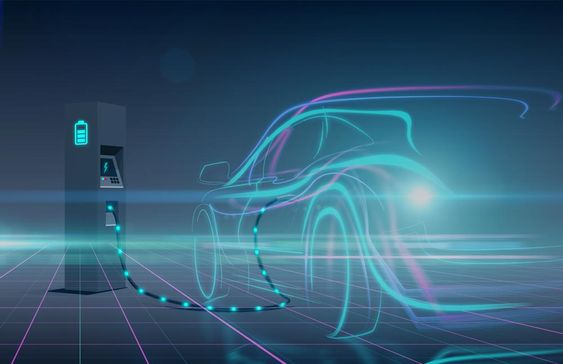Introduction:
The electric vehicle (EV) market is rapidly expanding, with more and more drivers making the switch to sustainable transportation. However, one of the biggest hurdles to widespread EV adoption is the lack of adequate charging infrastructure. Fortunately, significant progress is being made in this area, with governments, businesses, and private individuals investing heavily in building out a robust network of charging stations. This article will provide an overview of the latest updates on EV charging infrastructure, highlighting key developments and trends shaping the future of electric mobility.

Government Initiatives and Funding:
Governments around the world are recognizing the importance of EV charging infrastructure and are implementing policies and providing funding to accelerate its development. The Biden administration in the United States, for example, has allocated billions of dollars through the Bipartisan Infrastructure Law to support the construction of charging stations along highways and in communities. Similar initiatives are underway in Europe, China, and other countries, demonstrating a global commitment to building a comprehensive charging network.
Private Sector Investment:
The private sector is also playing a crucial role in expanding EV charging infrastructure. Major oil companies, such as Shell and BP, are investing in charging networks, recognizing the potential for growth in this sector. Electric vehicle manufacturers, like Tesla and Volkswagen, are also building out their own charging networks, providing convenient and reliable charging options for their customers. This increased private sector investment is driving innovation and competition in the EV charging market, leading to faster deployment and improved charging technologies.
Technological Advancements:
The EV charging industry is constantly evolving, with new technologies emerging to improve charging speed, efficiency, and user experience. Fast charging technologies, such as DC fast charging, are becoming increasingly common, allowing drivers to quickly replenish their batteries. Smart charging technologies are also being developed, enabling charging stations to optimize energy consumption and reduce grid strain. These advancements are making EV charging more convenient and accessible, further accelerating the adoption of electric vehicles.
Conclusion:
The latest updates on EV charging infrastructure demonstrate a clear trend towards a more robust and accessible charging network. Government initiatives, private sector investment, and technological advancements are all contributing to the rapid expansion of charging infrastructure, paving the way for a future where electric vehicles are the norm. As the EV market continues to grow, we can expect to see even more innovation and investment in this critical area, ensuring that drivers have the charging options they need to embrace sustainable transportation.





